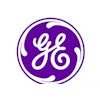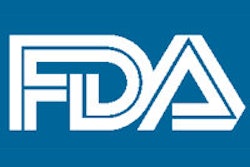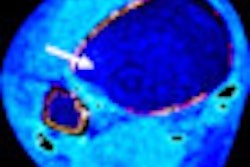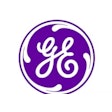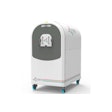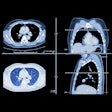Gastroenterologists from British Columbia were surprised to find that patients undergoing same-day virtual colonoscopy followed by conventional colonoscopy preferred the latter, according to a presentation on Sunday at the Digestive Disease Week (DDW) meeting in San Diego.
Patient satisfaction is an important factor in a patient's choice of colorectal cancer screening exams, and most studies that have evaluated patient satisfaction have come down solidly on the side of virtual colonoscopy (also known as CT colonography or CTC) in terms of patient preference.
In their study, University of British Columbia gastroenterologist Dr. Greg Rosenfeld and colleagues asked 90 screening subjects to complete an 11-question survey immediately after CTC. Then, after the same-day colonoscopy exam, patients filled out a similar questionnaire before being discharged from the hospital.
Finally, from two to eight weeks later, a random survey of one-fourth of the patients asked them to answer the same two questionnaires about the two exams to assess longer-term views.
In a statement accompanying release of the study, the researchers said they expected patients to prefer CTC due to its shorter duration, minimal discomfort, and the lack of required sedation. But patients have some concerns about radiation exposure with CTC, as well as CTC-detected polyps that require subsequent colonoscopy for removal, he said.
Study participants said that colonoscopy was more satisfactory overall, the group reported. They were less anxious with colonoscopy than with CTC, and while their pain was adequately controlled in both procedures, there was less pain during colonoscopy.
Rosenfeld cautioned that people should not assume from these findings that CTC is not a useful test or that it is uncomfortable.
"Patients are willing to do it, they just prefer the colonoscopy," he said. "Certainly, CTC still has a role. However, our research suggests that colonoscopy is the preferred test for screening average-risk patients."

